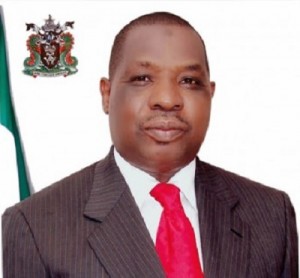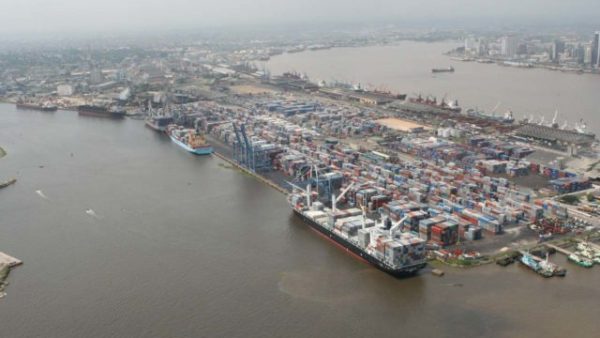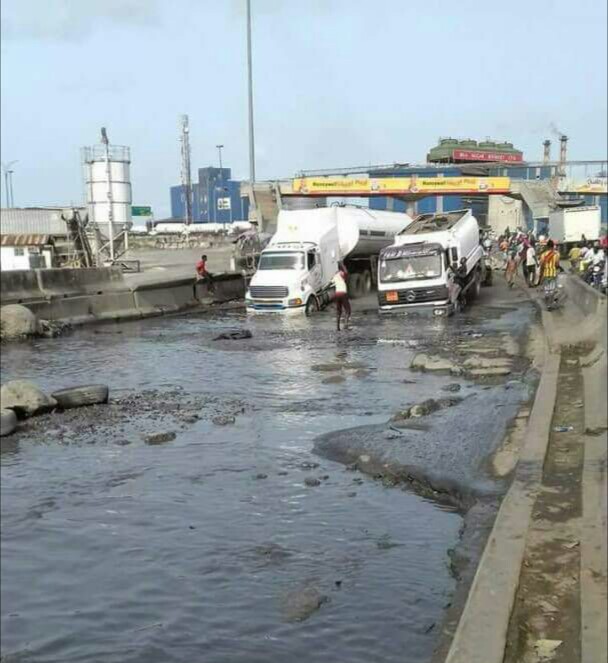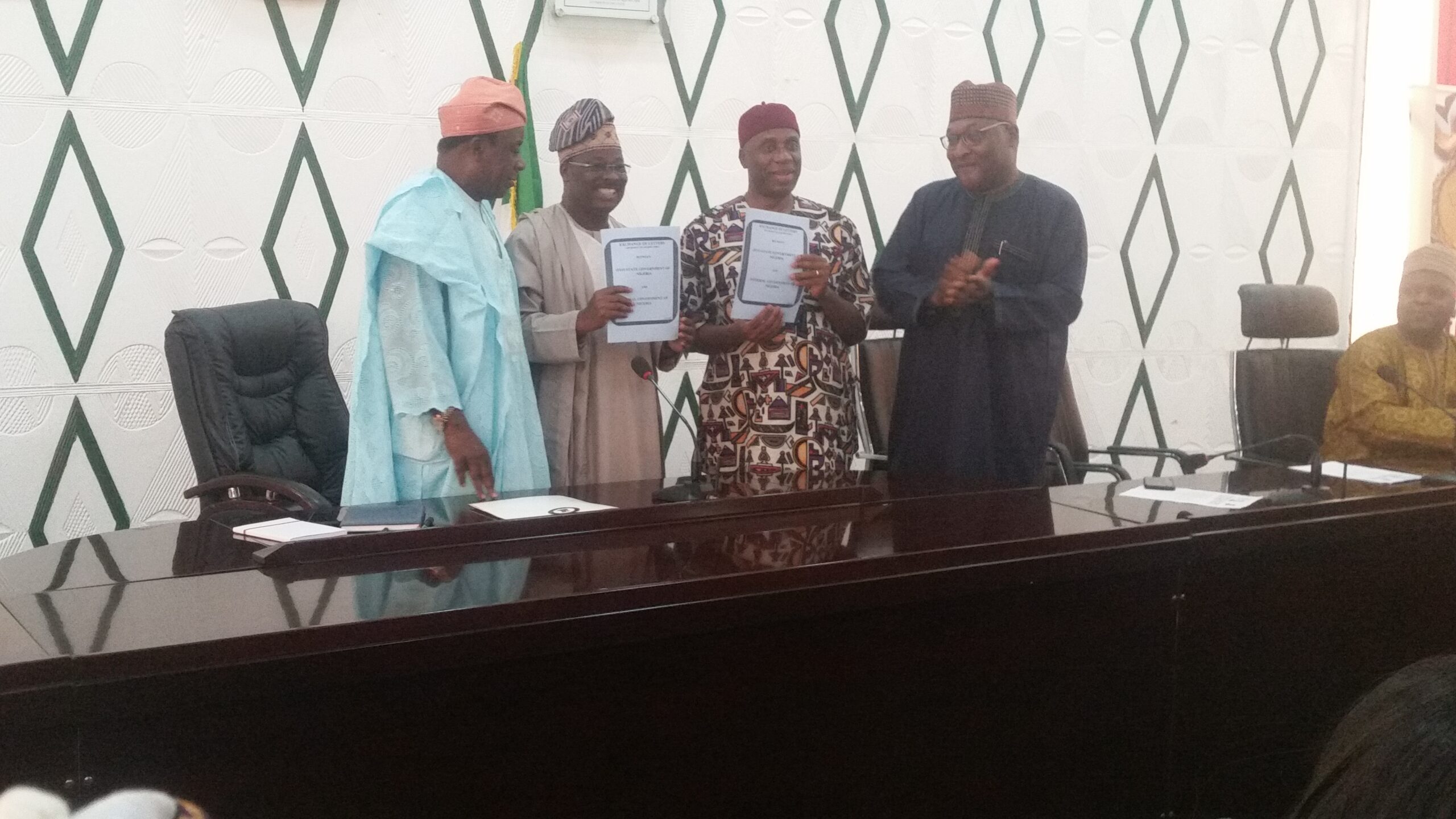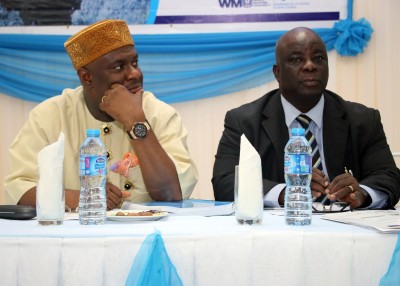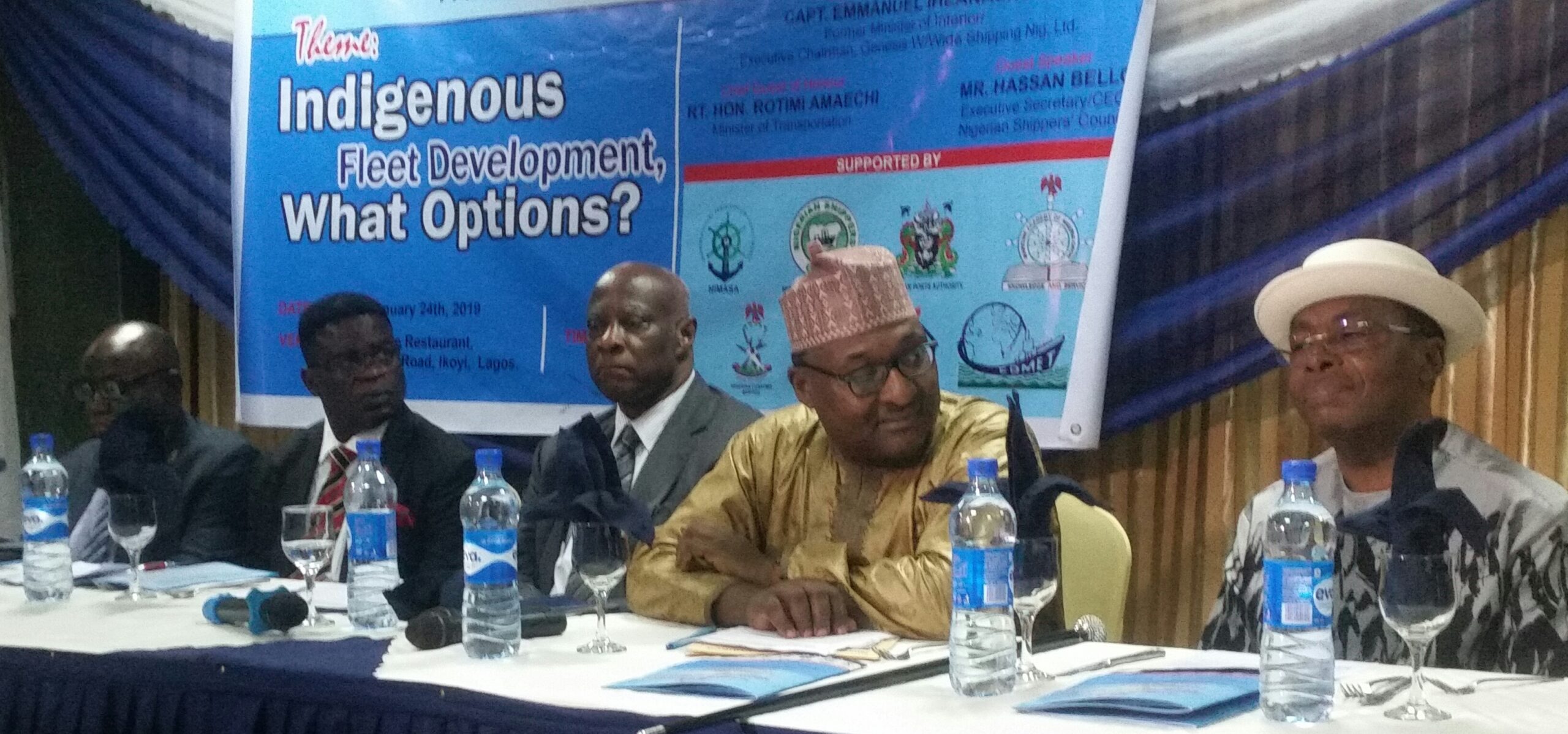10 Years After: Port Reforms Reversal Looms, Ship Traffic Rises By 79.1 %
With the increasing call for the review or outright reversal of the port concession exercise carried out in 2006 by the Federal Government under the Peoples Democratic Party (PDP), following some operational absurdities, statistics from the Nigerian Ports Authority (NPA), have shown that a total of 32,042 ships called at the nation’s Western Ports, comprising Lagos Port Complex (LPC) and Tin Can Island Port (TCIP) within 10 years of the port management under the private sector operators.
A breakdown of the port performance report, reveals that while a total of 40,483 vessels called at the ports between the year 2000 and 2015, which is 16 years cumulatively; only 8,441 vessels made the ports under five years, between 2000 and 2005, which is before the ports concession exercise. This represents a 79.1 percent increase over 20.9 percent obtainable in the pre-concession era.
While this seeming impressive record doubt on the story of ship and cargo diversion to the nation’s neighboring ports of Cotonou and Lome, it leaves a trail that Nigeria’s maritime potentials are grossly under-estimated, and further raised the question: “What level of investment has gone into the ports under the private sector managers?”
A further breakdown shows that while the LPC received a total of 20,870 ships in 16 years, only 16,268 vessels called between 2006 and 2015, just a total of 4,602 berthed at the port in five years preceding port concession.
At the TICP in 16 years, a total of 19,613 ships accessed the port, as 15,774 vessels came under 10 years period.
However, before the introduction of the new auto policy that pushed vehicle import traffic in favour of the neighboring ports, a total of 3,146,013 unit of vehicles were imported into the country in 16 years of PDP regime through the Western ports. A breakdown shows that while 462, 390 units came in within the five years pre-concession period under review, 2, 683,623 units were shipped in within the port concession era.
There is a significant increase in container trade in the last 16 years with a total of 13,584,405 TEUs shipped into Nigeria as 11,628,406 TEUs came within 10 years of concession period while just 1,955,999 TEUs came before the concession regime. However, what has been noted is the shift in port patronage among the shippers from LPC to TCIP, which seems to suggest that terminal operators in TCIP have invested more in equipment and service satisfaction than their colleagues at LPC. Before concession, LPC was a bride of containerized trade with 1,226,305 TEUs received under five years, while TCIP got a mere 729,694 TEUs within the same period. But under concession regime, the container traffic paradigm shifted in favour of TCIP with 6,211,779 TEUs, while LPC got 5,416,627 TEUs.
On cargo throughput, there is a blight on the performance of the concession regime as there is a decline in the total tonnage of cargo brought into the country with 209,472,243 tons of cargo handled at the ports before concession as against a total of 208,922,668 tons of cargo handled under the 10 years port concession. Again, TCIP got larger share of 169,446,300 tons of cargo under concession against LPC that handled 39,476,368 tons; while before this period LPC cargo throughput was 189,627,587 tons as TCIP made 19,844,656 tons.
Speaking to MMS Plus on the performance of the ports terminal operators, the Managing Director of Ports and Cargo Handling Services Limited, Mallam Mohammed Bulangu, said that port concessionaires deserve some praise for having confidence in the country through their huge investments in the port system, explaining that the last time the Federal Government expended money on port investment was in 1982.
He added that over the years the investment had depreciated to the point of apology, necessitating the involvement of private sector participation, which has turned the fortunes of the ports around for the better.
However, the snag in the system as observed by port users is the rising arbitrary cost of shipping services, which makes the highly invested ports relatively uncompetitive in the West and Central Africa Sub-region.
Following this, the Nigerian Shippers’ Council (NSC) has severally sought the understanding and partnership of the port concessionaires and shipping lines in fixing the cost of shipping services and terminal charges.

